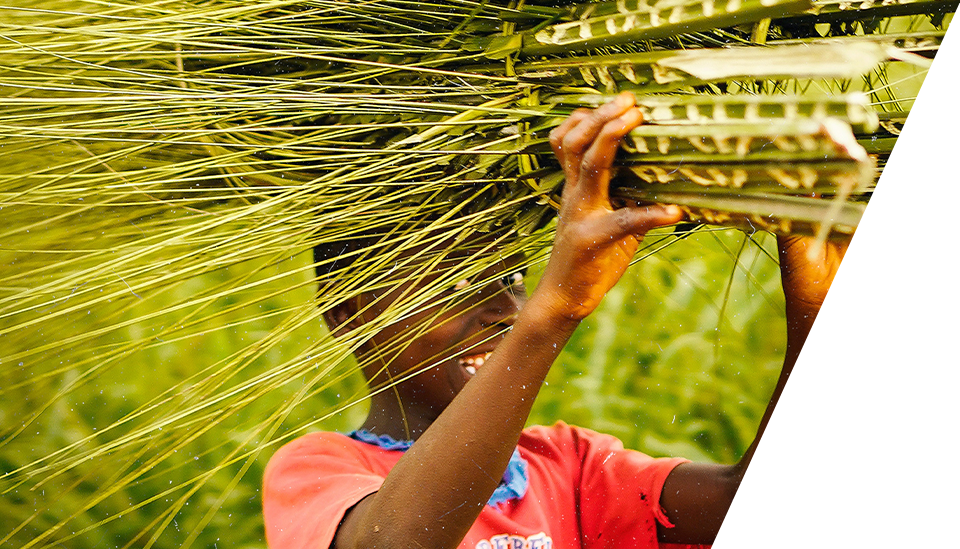
Codex can unleash the potential of pulses in Sub Saharan Africa
By Vijay Iyengar, President, Global Pulse Confederation
In an era where scientific breakthroughs are transforming agriculture and food production, ensuring the safety and quality of our food supply has never been more critical. At the Global Pulse Confederation (GPC), we are committed to positioning pulses as smart crops for a sustainable future and showcasing them as the heroes of nutrition, sustainability, equity and diversity that they are. For this to become reality, it is imperative that these crops reach their true potential, entering into the markets and agrifood systems on which they can have the greatest impact. This requires addressing one of the significant challenges for innovators in the food industry: navigating the complex regulatory landscape through the use of Codex standards that provide a harmonized set of guidelines that are recognized internationally.
Pulses, such as beans, dry peas, lentils, and chickpeas have a superpower: the ability to capture atmospheric nitrogen and fix it into the soil, reducing the need for synthetic fertilizers and leaving the soil healthier for other crops in the rotation. In a recent breakthrough by a team of international researchers at La Trobe University in Melbourne, scientists have successfully discovered the genetic regulator that turns off nitrogen fixation when soil nitrate levels are high, allowing them to remove the gene in model crops and ensuring they continue to fix nitrogen regardless of the soil environment. This advancement promises to enhance crop yields and resilience, addressing both food security and environmental sustainability.
The nitrogen fixing “off-switch” project is supported by Bill and Melinda Gates Agricultural Innovations (Gates AgOne), which invests in breakthrough agricultural research to meet the urgent and neglected needs of smallholder farmers in sub-Saharan Africa and South Asia. Through Gates AgOne, the recent breakthrough at La Trobe has a path to market: increasing the productivity of cowpea, a staple pulse crop in Sub Saharan Africa that contributes to the food security and livelihoods of an estimated 200 million people. However, bringing such innovative products to market necessitates rigorous safety evaluations and regulatory approvals.
This is where Codex comes into play. Codex standards serve as a global benchmark for food safety, quality, and trade. For scientific breakthroughs in food and agriculture, Codex provides a structured framework for assessing potential risks and ensuring that these products meet stringent safety requirements. By following Codex standards, countries can mitigate the risks associated with new food technologies and protect public health. The harmonization promoted by Codex reduces trade barriers and facilitates the global acceptance of new food products. In the context of the discovery at La Trobe University, this means that not only could the enhanced pulses contribute to better food security and nutrition domestically in Sub Saharan Africa, they could also become a source of income when traded on the global pulse market.
The Codex Alimentarius Commission is essential in maintaining food safety and quality in the face of rapid scientific advancements. As innovations continue to emerge, Codex standards ensure that these products are safe for consumption and can reach markets worldwide. By providing a consistent and scientifically grounded framework for food safety, Codex plays a crucial role in fostering innovation while protecting public health and facilitating global trade. As we continue to push the boundaries of agricultural science to revolutionize agrifood systems and mitigate hunger and food insecurity, the importance of Codex in bridging the gap between innovation and market access cannot be overstated.


